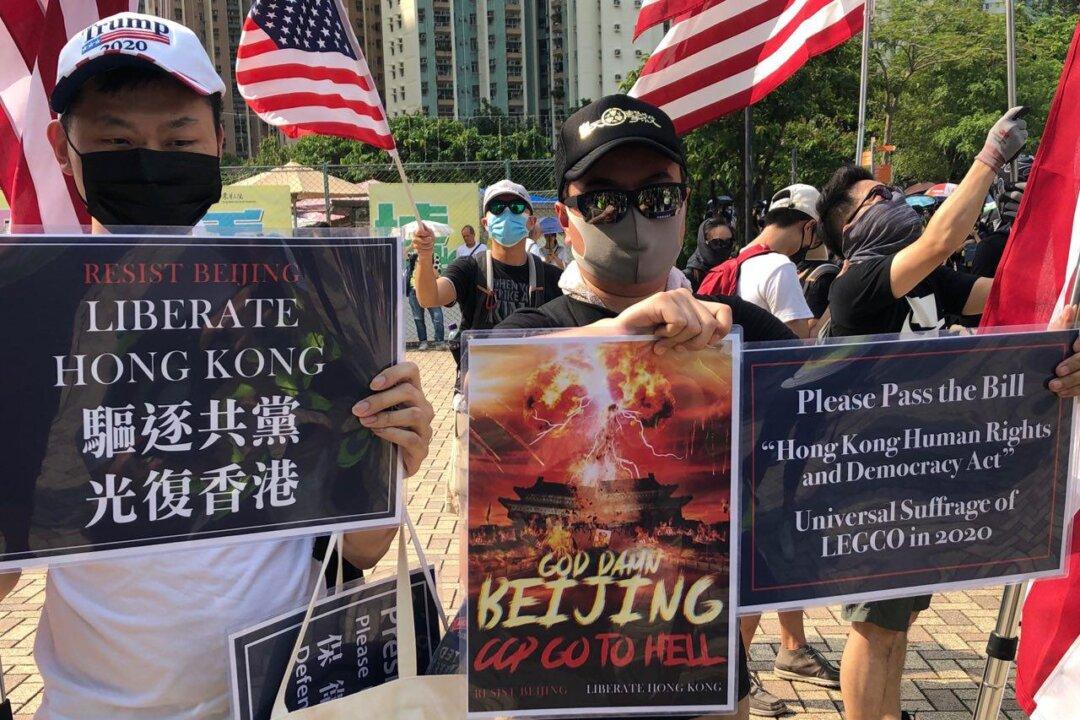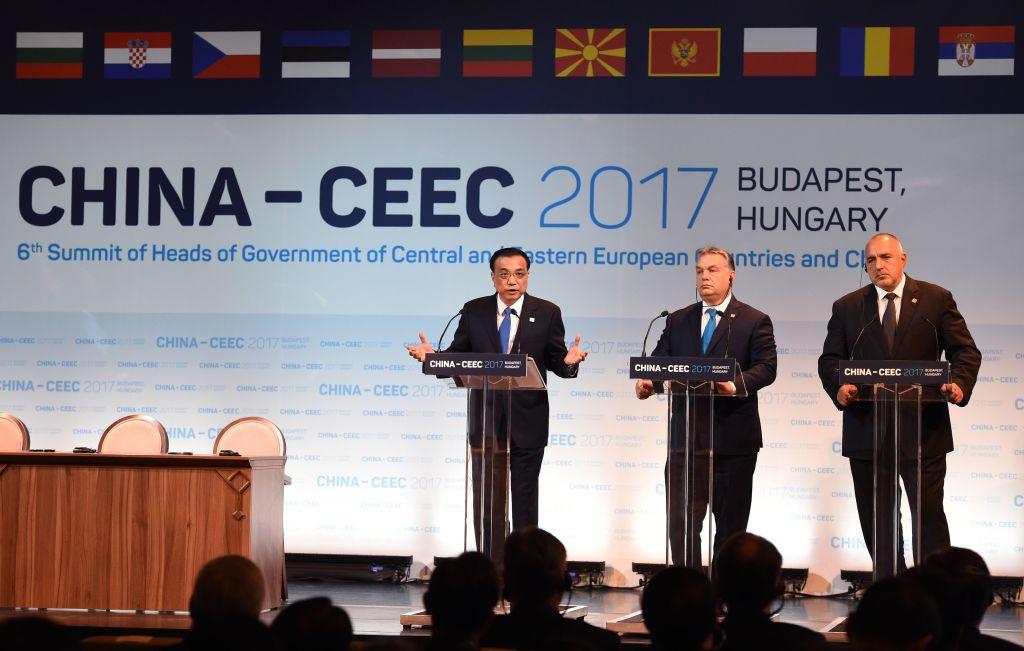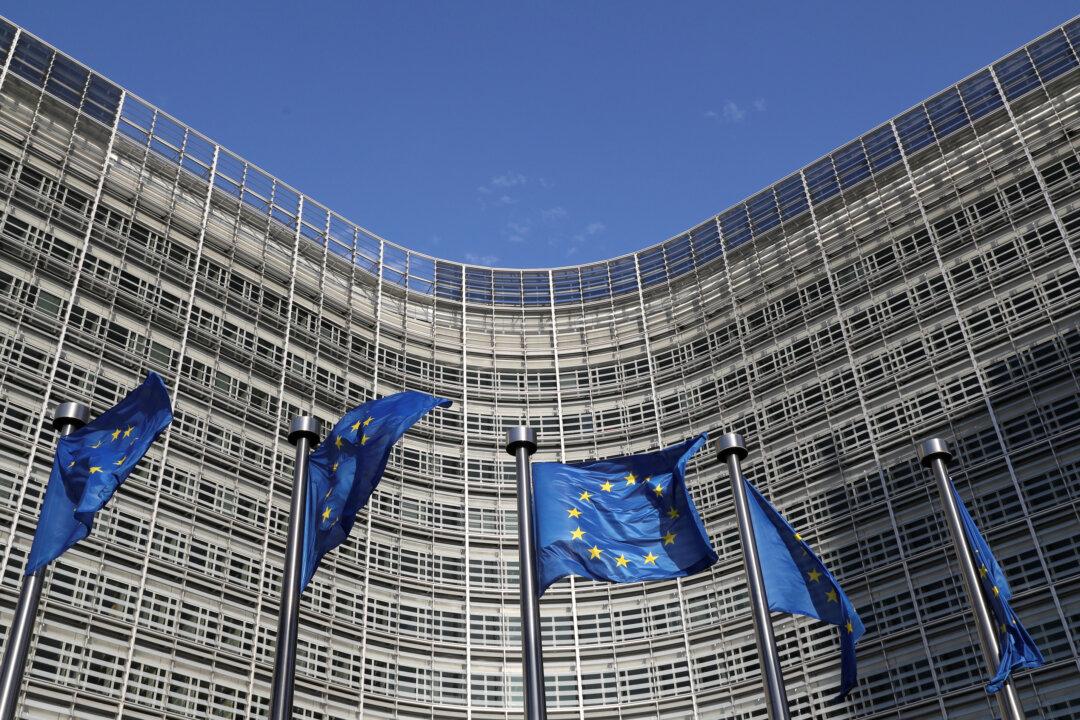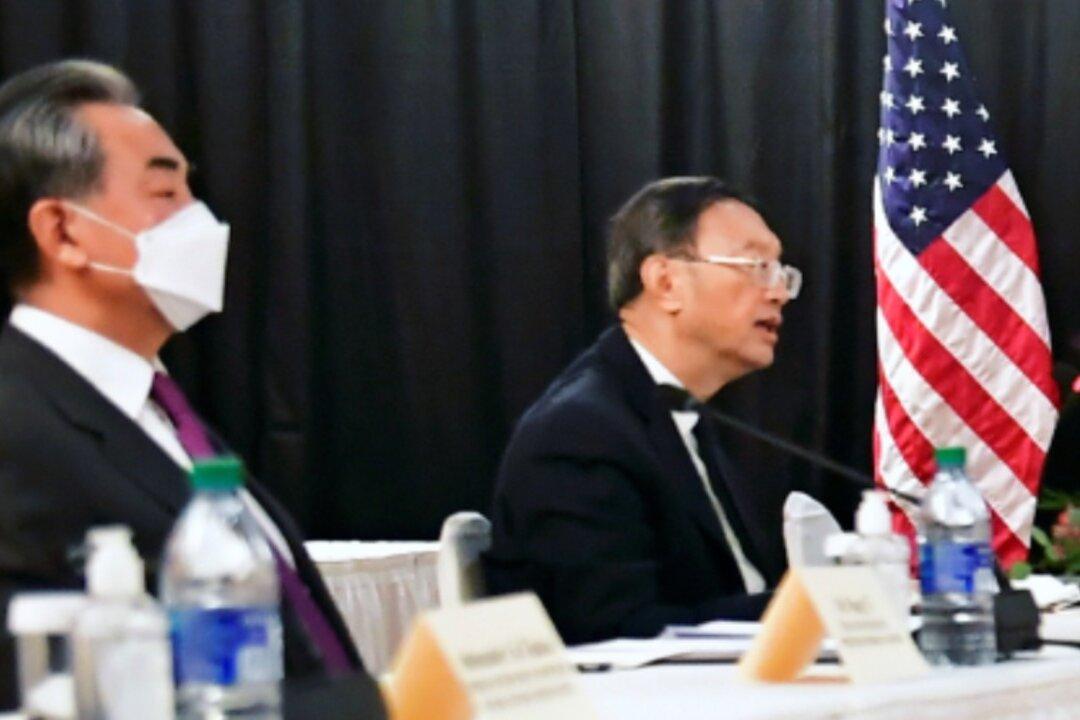Commentary
Top Communist official Zeng Qinghong, who became the head of the Hong Kong and Macau Affairs work team in 2003, had been following the “elite puppet” tactic—controlling Hong Kong through local elites—in governing the former British colony. In addition, communist China’s “red families” and their assets have been continuously flowing into Hong Kong after Zeng took power, causing skyrocketing property prices over the past 16 years.





